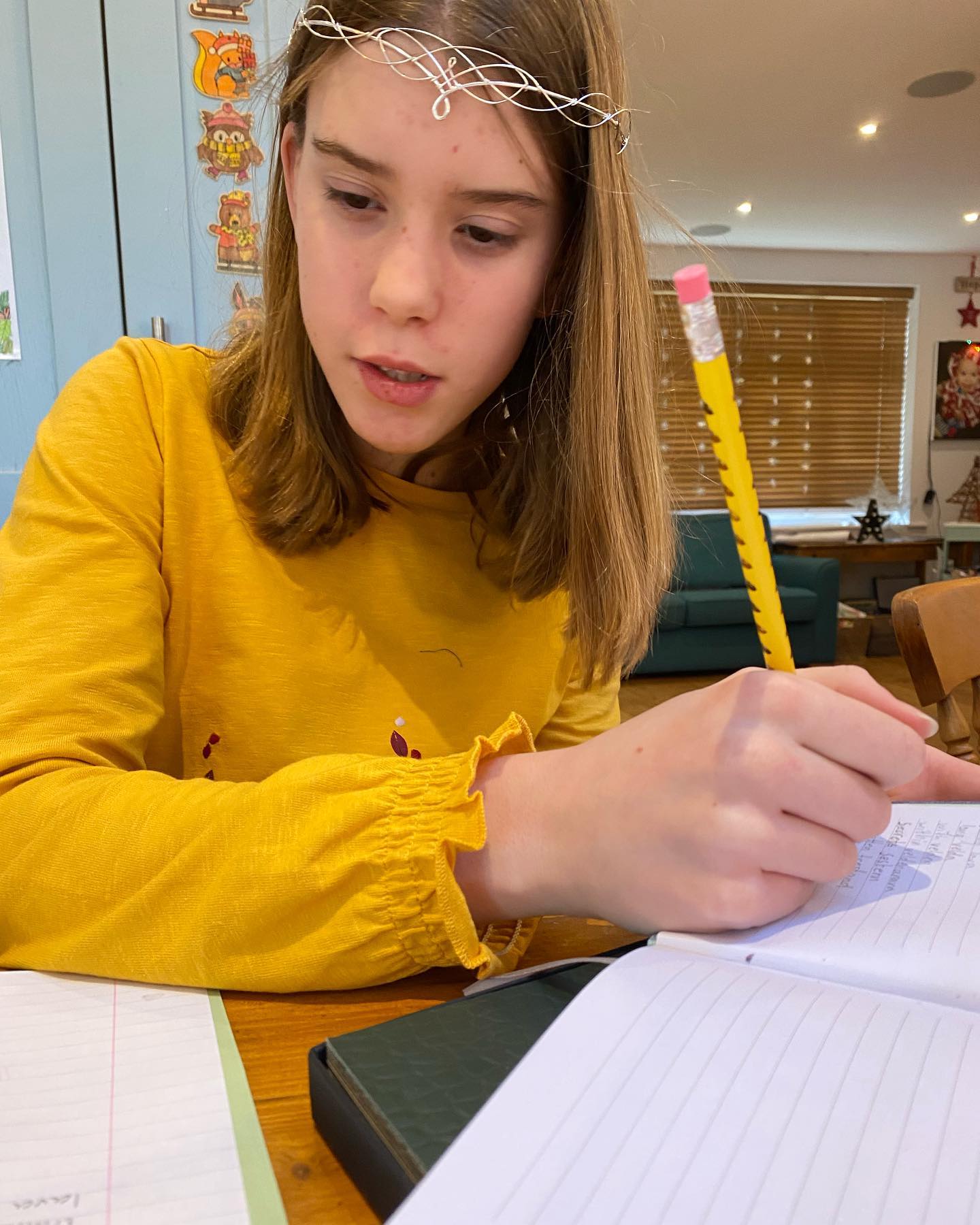This is a sponsored post
After your child has completed GCSEs, they will move onto further education which consists of sixth form qualifications. These fall into two categories: academic and vocational. Academic courses are highly subject based with mainly theory being involved whereas vocational courses are a lot more hands on and allow individuals to get experience in the industry and world of work from a young age. The most common qualifications are A levels and BTEC due to most schools and colleges offering them. However, there are other alternatives that may be right for your teenager to take on. Here is some advice from an independent school in Taunton on what your child’s options are after GCSEs.

Where to begin
In the UK, year 11 usually marks the end of school days. However, it is still mandatory to stay in full time education or training until the age of 18. The main choices of studies are A levels, Btec, apprenticeships or work with part time study alongside. It is worth considering your child’s options as early as possible as the decisions made now can affect choices later. If your child is leaning towards a particular course, has a specific university that they would love to attend or has an idea of where they would like to go in life, it is essential to sit down and work out the route to take to set them on the right path.
What to study
A levels are one of the most popular options when it comes to studies after GCSEs. It is one of the main routes to university which is why the majority choose this option. They consist of two years of studying three subjects, with written exams at the end.
Vocational qualifications or Btec studies is another popular option. They are a lot more practical and provide students with knowledge and skills needed for different types of work. They are great for those who prefer hands on experience and thrive better when placed directly into the workplace.
Apprenticeships
If you have noticed that your child does not enjoy full time education in a classroom, then it is worth considering an apprenticeship to help them learn a new profession or trade. These are essentially real jobs with training so that they are able to learn and pick up skills at the same time. Apprenticeships vary from one to four years to complete and run on a few different levels.
If you need more advice, speak to the teachers at your child’s school as they will have the best links and understanding to this matter.
